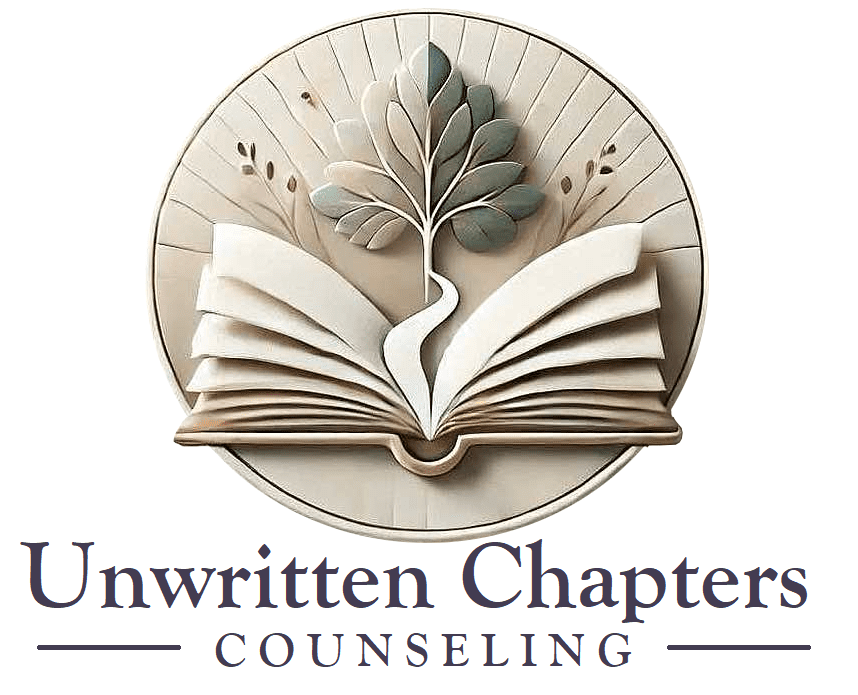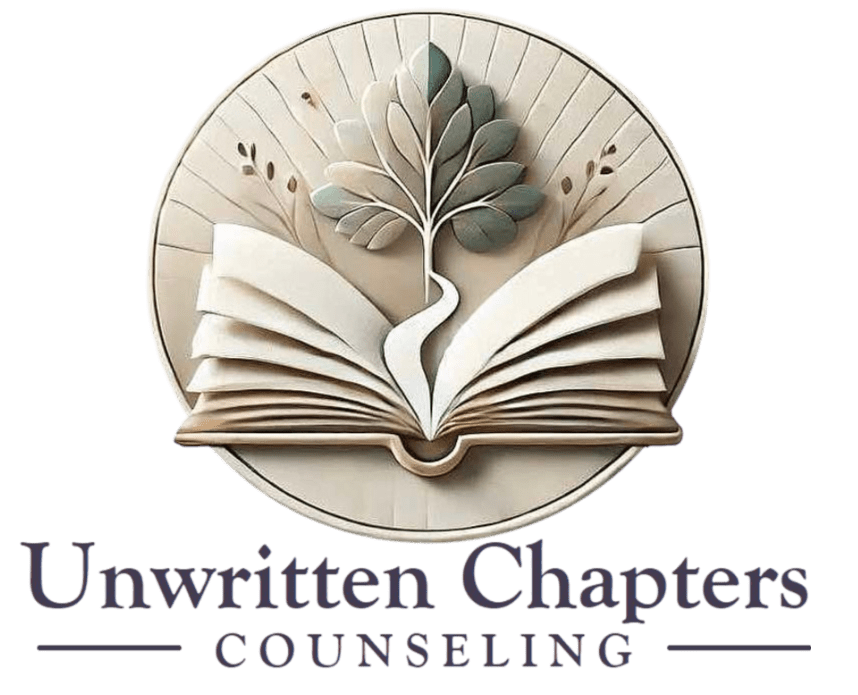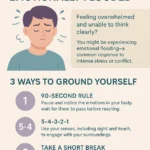
Codependency is a complex emotional condition that can affect personal relationships and individual well-being. It often manifests as an unhealthy reliance on others for emotional support, self-worth, and identity, making it challenging for individuals to maintain a sense of autonomy. In this article, we will explore practical steps to break free from codependency and rediscover your true self. By understanding the nature of codependency and taking actionable steps, you can foster healthier relationships with yourself and others.
Understanding Codependency
Codependency often stems from early experiences and relational dynamics, where individuals learn to prioritize others’ needs over their own, leading to an imbalanced sense of self. This behavior can result in feelings of anxiety, low self-esteem, and resentment. Understanding what codependency is and how it affects you is a crucial first step in overcoming it.
The journey toward healing from codependency involves recognizing these patterns, which requires introspection and honesty. By acknowledging these behaviors, you can begin to understand their impact on your life and relationships, paving the way for positive change.
The Importance of Rediscovering Yourself
Rediscovering your true self is essential for personal growth and well-being. When entangled in codependent relationships, individuals often lose sight of their interests, goals, and desires. This loss of self can lead to feelings of emptiness and dissatisfaction. By focusing on rediscovering who you are outside the confines of codependency, you can rebuild your identity and restore your sense of purpose.
Moreover, this journey is about self-empowerment. Taking the time to cultivate a relationship with yourself not only enhances your self-esteem but also allows you to engage with others from a place of wholeness rather than neediness. As you embark on this transformative path, you create the potential for healthier, more fulfilling connections.
Step 1: Recognize the Signs of Codependency
Recognizing the signs of codependency is crucial for initiating change. This step involves taking an honest look at your behaviors and emotional responses. Common indicators include excessive people-pleasing, a tendency to take responsibility for others’ feelings, and a constant fear of abandonment. Acknowledging these patterns can be uncomfortable, but it is integral to breaking free from codependent behaviors.
Understanding relationship dynamics is equally important. Codependent relationships often involve one person taking on the caretaker role while the other is more passive. This imbalance can perpetuate unhealthy patterns, making it difficult for both partners to grow. By identifying these dynamics, you can gain clarity on your relational habits and begin to address them.
Step 2: Set Healthy Boundaries
Setting healthy boundaries is essential for fostering autonomy and mutual respect in relationships. This process starts with defining your personal limits. What are you comfortable with, and what behaviors do you find unacceptable? By clearly understanding your boundaries, you can establish guidelines that protect your emotional and mental well-being.
Communicating your boundaries effectively is the next step. It’s important to express your needs assertively and clearly without feeling guilty. You might use phrases such as, I need some time to myself, or I can’t take on that responsibility right now. This communication not only protects your limits but also sets a standard for how you would like to be treated by others.
Step 3: Cultivate Self-Awareness
Cultivating self-awareness is a powerful tool in breaking free from codependency. Practicing mindfulness helps you tune into your thoughts, feelings, and behaviors without judgment. This heightened awareness allows you to recognize codependent patterns as they arise, enabling you to respond more consciously rather than reacting out of habit.
Journaling can also be an effective practice for gaining clarity. By writing down your thoughts and feelings, you can explore your motivations and recognize recurring themes in your life. This practice fosters self-reflection and helps you better understand your needs and desires, which is crucial for your journey toward independence.
Step 4: Prioritize Self-Care
Prioritizing self-care is essential for nurturing your well-being and reclaiming your identity. Developing a self-care routine that includes physical, emotional, and spiritual practices can significantly enhance your quality of life. This could include regular exercise, healthy eating, adequate sleep, and engaging in activities that bring you joy, such as hobbies or creative outlets.
Engaging in activities that promote relaxation and pleasure is equally important. Whether it’s spending time in nature, reading a book, or practicing a creative skill, these activities not only foster self-love but also help you reconnect with your passions. By prioritizing what makes you happy, you create space for personal growth and healing.
Step 5: Seek Support and Connection
Finding a support system is a vital step in overcoming codependency. Surrounding yourself with positive, understanding individuals can help reinforce your journey toward independence. This support can come from friends, family, or even support groups where individuals share similar experiences. Engaging in open conversations about your struggles can provide validation and encouragement.
Considering professional help is another avenue worth exploring. Therapists and counselors specializing in codependency can offer guidance and strategies tailored to your unique situation. Therapy can provide a safe space for you to explore your feelings and develop coping mechanisms that support your journey toward self-discovery and healing.
Conclusion
Embracing your journey toward breaking free from codependency is a courageous and empowering decision. As you implement the steps outlined in this article, remember that progress may be gradual. Celebrate small victories along the way, as each step takes you closer to rediscovering your true self.
Ultimately, the goal is to cultivate a healthy relationship with yourself and establish meaningful connections with others. By prioritizing your well-being and practicing self-love, you create the foundation for a fulfilling life characterized by autonomy, confidence, and genuine connection.
FAQs
What are the common signs of codependency?
Common signs of codependency include excessive people-pleasing, neglecting your own needs, feeling responsible for others’ emotions, and difficulty making decisions without input from others.
How can I start setting boundaries in my relationships?
Begin by identifying your personal limits and then communicate them clearly and assertively to others. Practice stating your boundaries in a calm manner, and be prepared to enforce them consistently.
Is professional help necessary for overcoming codependency?
While some individuals may find success through self-help strategies, many benefit significantly from the guidance of a therapist. Professional support can provide valuable insights and coping strategies tailored to your specific situation.
Can self-care really make a difference in breaking codependency?
Yes, prioritizing self-care is crucial. Engaging in activities that promote emotional and physical well-being helps strengthen your sense of self, making it easier to break free from codependent patterns.
How long does it take to recover from codependency?
The timeline for recovery varies for each individual. It may take weeks, months, or even years to unlearn codependent behaviors. Persistence, patience, and commitment to self-growth are key elements in this journey.
If you’re ready to begin reconnecting with yourself, or if you just need a safe place to untangle the feelings you’ve been carrying, I’m here to help.
Healing doesn’t have to happen all at once — sometimes it starts by simply having someone in your corner.
If you’d like to talk, or if you have questions about what therapy might look like, I would love to hear from you.
You can reach out anytime to schedule a free consultation or to learn more about how we can work together at your own pace.
Your story matters. Your healing matters. You matter.




